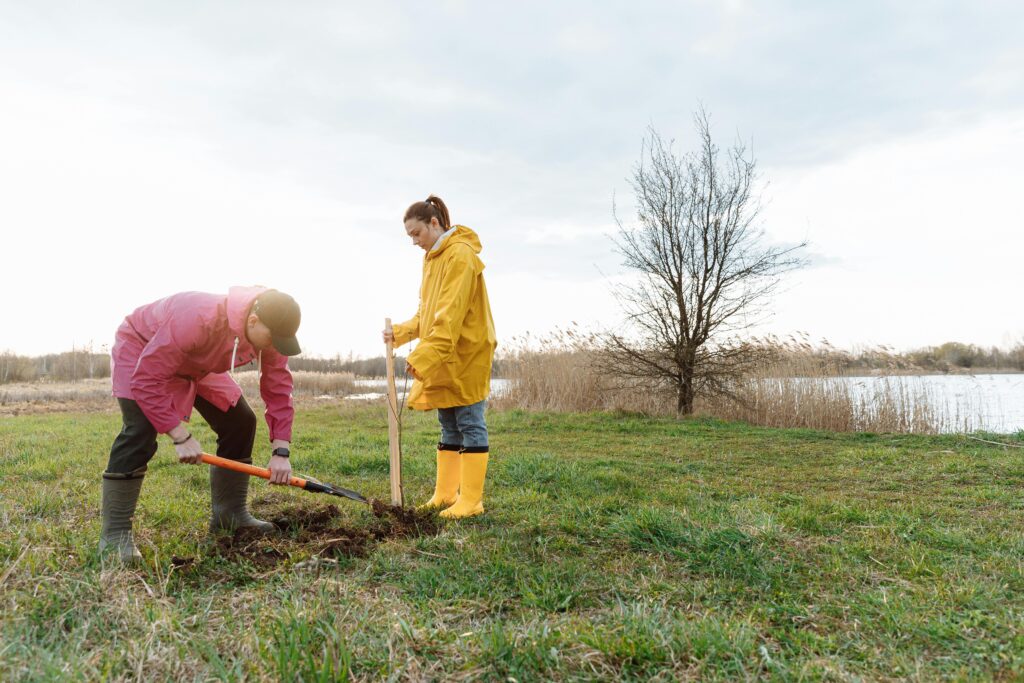CenterPoint Energy provides industry insight on Pipeline Safety Reauthorization at Senate Commerce Committee Hearing
CenterPoint Energy’s Senior Vice President Richard C. Leger testified on behalf of the American Gas Association in a hearing of…
CenterPoint Energy’s Senior Vice President Richard C. Leger testified on behalf of the American Gas Association in a hearing of…
This document serves as a resource for natural gas utilities in reducing the risk of pipeline damage associated with horizontal…

Spring has sprung and you know what that means – many of the great American DIY-ers and green thumbs will…
This publication provides guidance and strategies that can help gas utilities establish and maintain an effective Damage Prevention program to…
AGA submitted a letter to the House Energy and Commerce Subcommittee on Energy, Climate, and Grid Security regarding pipeline safety.
The objective of this technical note is to provide operators with information related to emerging technologies that enable them to…
Safety is the number one priority for the natural gas utility industry. That’s why every August 11th, the industry recognizes…
The report provides an analysis of the states with the lowest excavation damage rates, identifies the 12 core components of…
AGA filed comments in response to TSA’s cyber risk management ANPRM. Coordinating with the Cybersecurity Strategy and Regulatory Action Committee…
The American Gas Association (AGA) and the America Public Gas Association (APGA) are writing to express our disappointment in the…
AGA is committed to enhancing safety and advancing the implementation of PSMS.As part of this commitment,AGA has implemented various safety…